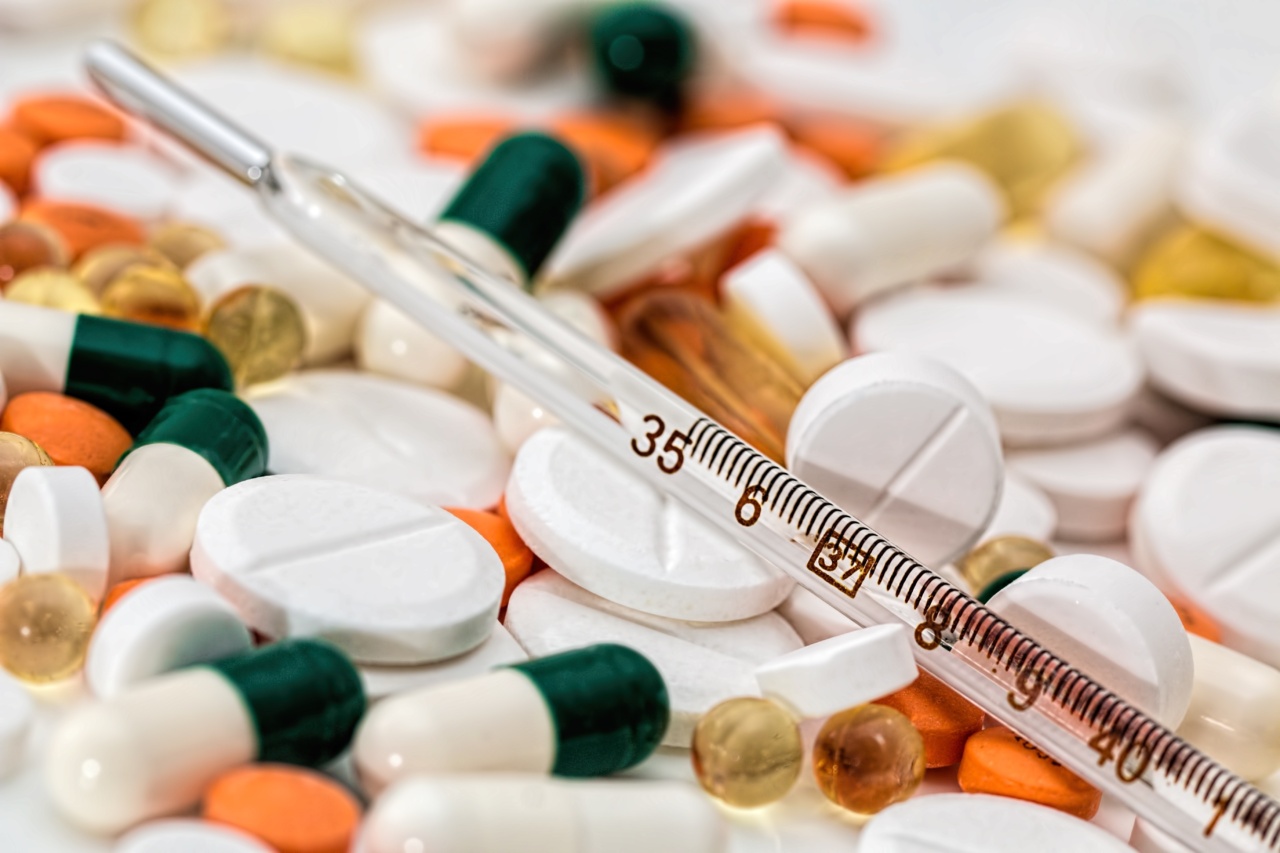Alcohol consumption is a widespread social activity that has been practiced for centuries. People consume alcohol for various reasons, such as relaxation, socializing, or celebration.
However, it is essential to understand the effects that alcohol can have on the body, including its impact on body temperature. This article delves into the science behind alcohol and body temperature regulation.
1. How Alcohol Affects the Body
When alcohol is consumed, it enters the bloodstream through the stomach and small intestine. From there, it is distributed throughout the body, including the brain.
Alcohol acts as a central nervous system depressant, meaning it slows down brain activity and impairs cognitive function.
2. Alcohol and Blood Vessels.
One of the ways alcohol affects the body’s temperature regulation is by causing blood vessels to dilate. This dilation can lead to warmth and redness in the skin, giving the illusion of increased body temperature.
However, while the skin may feel warm, alcohol actually lowers the overall body temperature.
3. Alcohol’s Impact on Thermoregulation
The body has a complex system for maintaining its temperature, known as thermoregulation. Normally, the body strives to keep its core temperature within a narrow range to ensure optimal function. Alcohol consumption disrupts this delicate balance.
4. Increased Heat Loss.
While alcohol may initially make you feel warm, it actually increases heat loss from the body. The dilation of blood vessels near the skin’s surface allows more heat to escape.
This heat loss can lead to a drop in body temperature, especially in cold environments.
5. Impaired Shivering Response
Shivering is one of the body’s natural responses to cold temperatures. It generates heat by increasing muscle activity. However, alcohol impairs the shivering response.
When under the influence of alcohol, the body is less able to generate extra heat through shivering, further contributing to decreased body temperature.
6. Dehydration and Body Temperature.
Another factor to consider is alcohol’s diuretic effect, which increases urine production and can lead to dehydration. Dehydration affects the body’s ability to regulate temperature.
When dehydrated, the body may struggle to sweat adequately, compromising its cooling mechanism.
7. Alcohol’s Effect on Hypothermia
Hypothermia occurs when the body loses heat faster than it can produce it, resulting in a dangerously low core temperature.
Alcohol consumption can increase the risk of hypothermia by impeding the body’s ability to regulate its temperature effectively.
8. The Role of the Liver.
The liver plays a vital role in processing alcohol in the body. It metabolizes alcohol using enzymes, breaking it down into harmless byproducts. However, the process of metabolizing alcohol also releases heat.
This diversion of heat to metabolize alcohol can lead to a decreased core body temperature.
9. Individual Variations
It is essential to note that individual variations exist when it comes to the effects of alcohol on body temperature. Factors such as body mass index (BMI), metabolism, and tolerance levels can influence how alcohol affects an individual.
Some people may be more susceptible to changes in body temperature than others.
10. Moderation is Key
While alcohol can have an impact on body temperature regulation, it is crucial to consume alcoholic beverages in moderation.
Excessive alcohol consumption can lead to significant health issues, including impaired cognitive function, liver damage, and increased risk of accidents or injuries.
In conclusion, alcohol consumption affects the body’s temperature regulation by increasing heat loss, impairing the shivering response, and potentially leading to dehydration.
While the initial warmth felt after consuming alcohol may be misleading, it is essential to recognize that alcohol actually lowers overall body temperature. Individual variations, such as metabolism and tolerance, can influence the extent of these effects. As always, moderate alcohol consumption is key to promoting overall health and well-being.






























